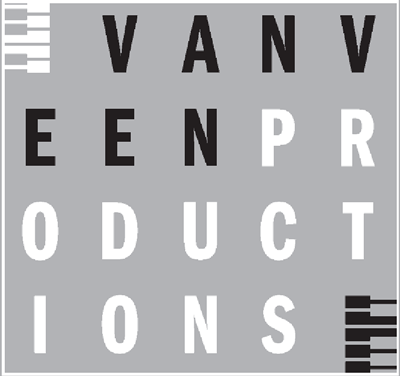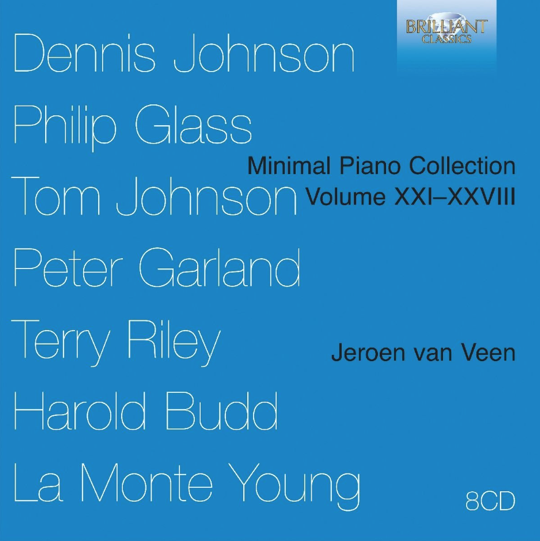Dutch classical music and media productions


-
Van Veen Productions© sincs 1995-2025
Keppelseweg 24, 7031 AS Wehl to email click here 0



| Composer | Philip Glass, Terry Riley |
| Artist | Jeroen van Veen |
| Format | 8 CD |
| Cat. number | 95543 |
| EAN code | 5028421955438 |
| Release | May 2017 |
